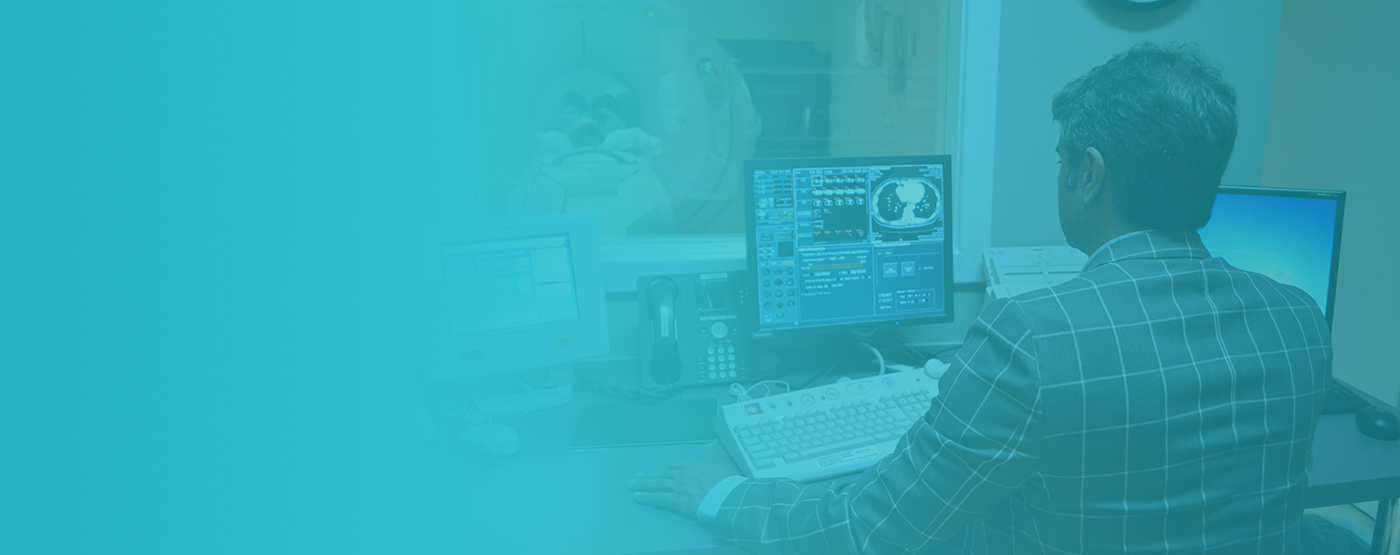
Computed Tomography (CT)
A computed tomography (CT) is a fast and non-invasive test which uses x-rays and computer technology to produce detailed 2D and 3D images of your body for a more accurate assessment of your internal tissues and organs.
A CT scan can be used to diagnose a wide range of abnormalities throughout the body. We offer CT scans of the brain, spine, chest, abdomen, pelvis, specific solid organs, bones, soft tissues, and more. A CT scan may be a good alternative option for patients who do not qualify for MRI due to a contraindication (such as a metal implant).
In addition, computed tomography can be a very useful screening tool to detect certain diseases before they become clinically apparent. These preventative imaging scans can examine your heart, circulatory system, lungs, and colon for early detection of diseases such as cancer.
Insight Medical Imaging provides CT Screening services at our state-of-the-art facility at our West Edmonton location in the Meadowlark Shopping Centre.
- 200 Meadowlark Shopping CTR NW Edmonton, AB T5R 5W9
- 780-489-8430
- Monday - Friday: 7:30 AM - 4:00 PM
What To Expect During A CT Scan
A CT scan is generally a very fast examination. After checking in at the front desk and changing into appropriate clothing for the exam, you will meet with one of our CT technologists. Depending on the question your doctor has asked, you may require an IV before beginning the study. The CT portion of the study generally takes less than a minute but may take longer depending on the clinical question and the way in which the study may need to be performed.
Very rarely, iodinated contrast can cause an allergic reaction, most commonly resulting in hives or a rash. Before your computed tomography exam, please let your technologist know if you have an iodine allergy.
Some of our screening scans, such as virtual colonoscopy, coronary calcium scoring, coronary CT angiography, and lung CT scans, will have slightly different procedures and preparation. If you have any questions about CT imaging, you can reach out to one of our patient care coordinators or contact our team today.
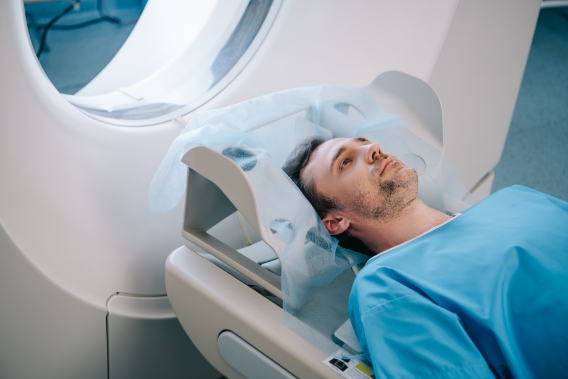
How Much Does a CT Cost?
The cost for a CT typically ranges from $249 to $949, but this price may vary if additional sequences are needed to provide a complete exam. Our exam prices are very competitive and we make every effort to provide you with an accurate cost estimate.
While community-based services such as private CT are not covered by Alberta Health Care, certain insurance or employer benefit plans with a health spending account may cover either a large portion or possibly the entire scan cost.
More specific information on CT pricing can be found below.
CT Price List
| Head | $249 |
| Temporal Bones | $499 |
| Orbits | $249 |
| Facial Bones | $299 |
| Sinus Navigator | $249 |
| Neck Soft Tissue | $399* |
| CTA Head and Neck | $499* |
| Cervical Spine | $299 |
| Thoracic Spine | $299 |
| Lumbar Spine | $299 |
| Chest (low dose, lung cancer screening) | $299 |
| Chest (routine, non-contrast) | $299 |
| CTA Chest/ Thoracic Aortic Aneurysm (gated) | $649* |
| CTA Chest/Abdomen/Pelvis (dissection, non-gated) | $949* |
| Cardiac Calcium Scoring | $299 |
| Coronary CTA | $599* |
| Chest/Abdomen/Pelvis | $699* |
| Abdomen/Pelvis Routine | $399* |
| CTA Abdomen/Pelvis | $549* |
| Pelvis Only | $249 |
| Adrenal (non-contrast) | $249 |
| Adrenal (contrast) | $549* |
| Renal Colic (low-dose) | $299 |
| Renal Mass/Hematuria | $549* |
| Enterography | $649* |
| Virtual Colonoscopy | $449 |
| Virtual Colonoscopy (contrast) | $548* |
| Single Bone/Joint | $249 |
| SI Joints | $249 |
| Arthrogram (Private) | Call for pricing |
| Arthrogram (Third Party) | $849 |
| Runoff | $1,499 |
| Add-on Contrast | $99 |
* Includes Contrast
Multiple exams performed in the same visit receive 10% off exams
Seniors or return CT patients receive 10% off exams
(Discounts cannot be combined)
For more information, speak to our Central Booking department at 780-669-2222.
Prices subject to change at any time without notice.
Important Notes
- It is crucial that you are not pregnant, as the scanner emits ionizing radiation.
- Please let our team know if you are breastfeeding, as this may influence the administration of contrast.
- At the time of booking, tell us if you are taking any diabetes medications, are diabetic, or have experienced previous renal failure, myeloma, pheochromocytoma, or allergies to iodine compounds.
- Note that CT exams performed outside of the hospital are a private service and costs are not reimbursed by Alberta Health Services.
Computed Tomography FAQs
Planning your next appointment? Learn more about Computed Tomography exam preparation and get directions to our CT clinic.
CT Exams:
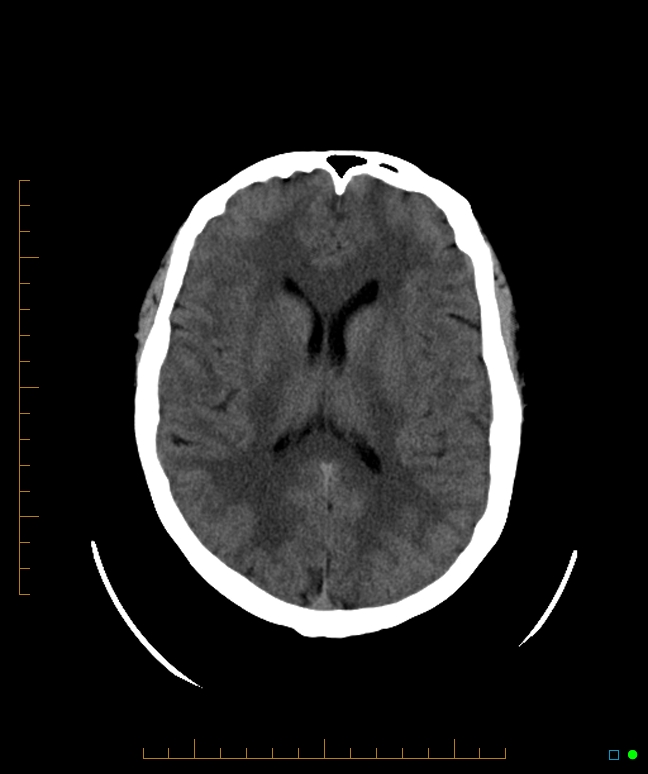
Head CT
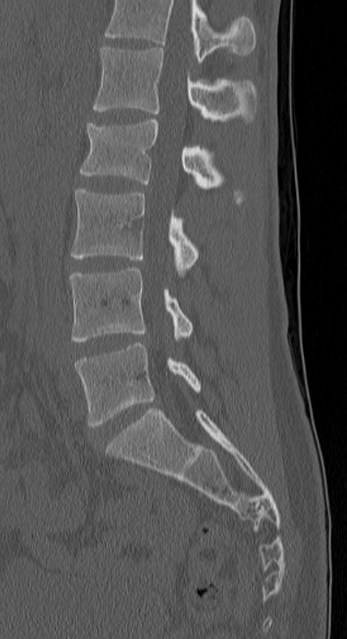
Spine CT - Cervical, Lumbar, Thoracic
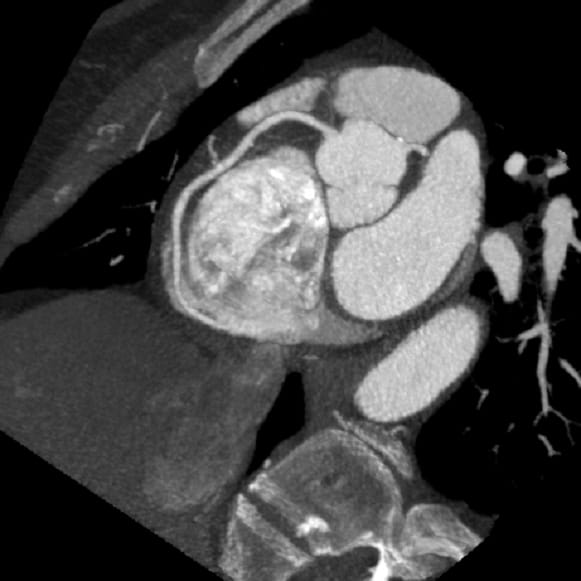
Coronary Angiogram CT
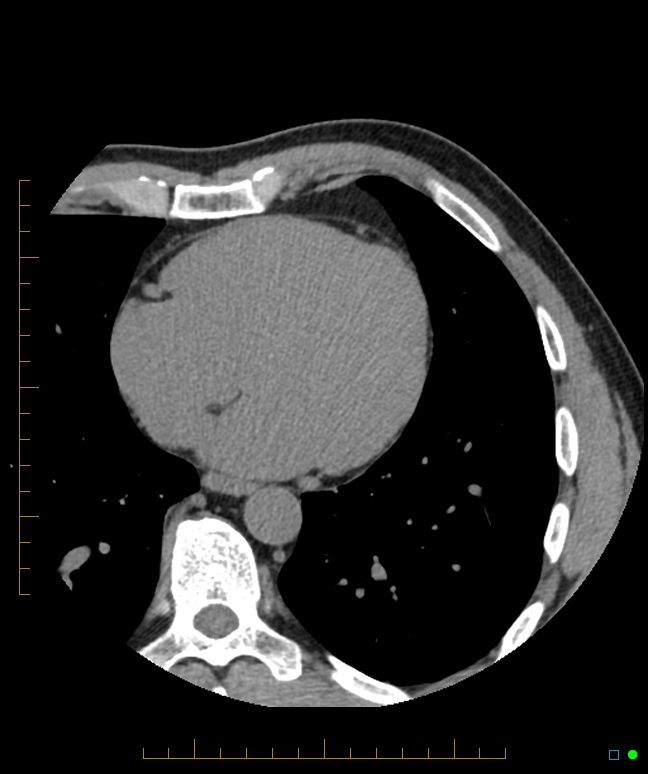
Coronary Calcium Score
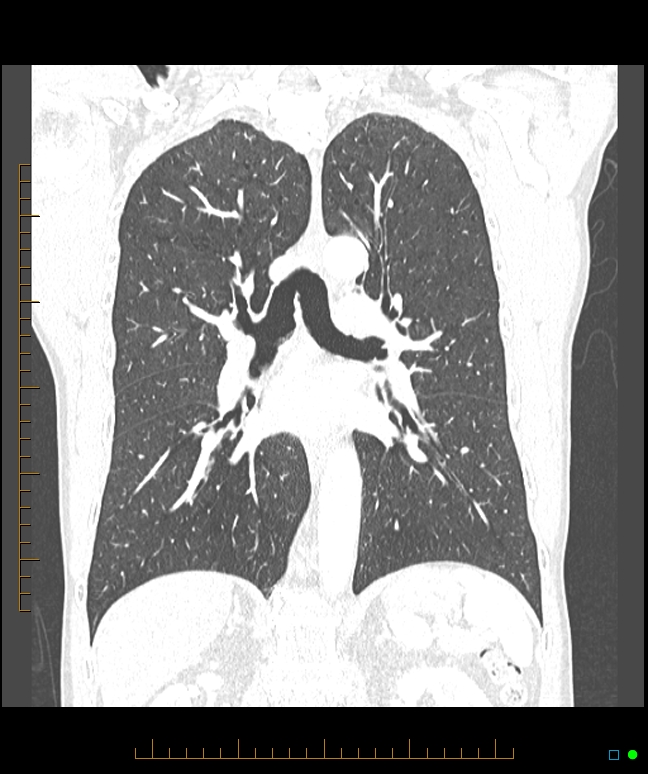
Chest CT
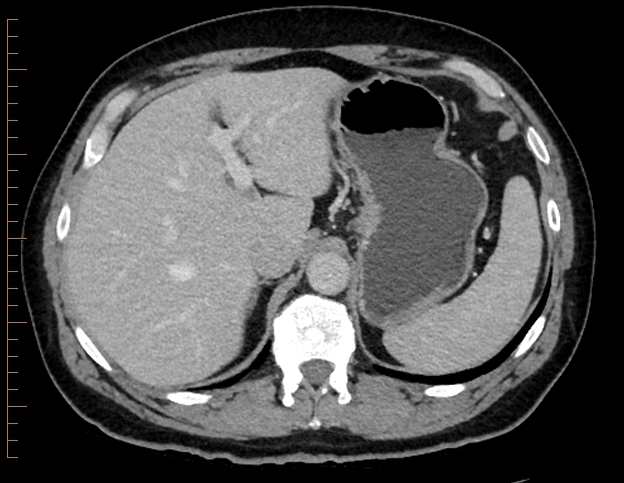
Abdomen CT
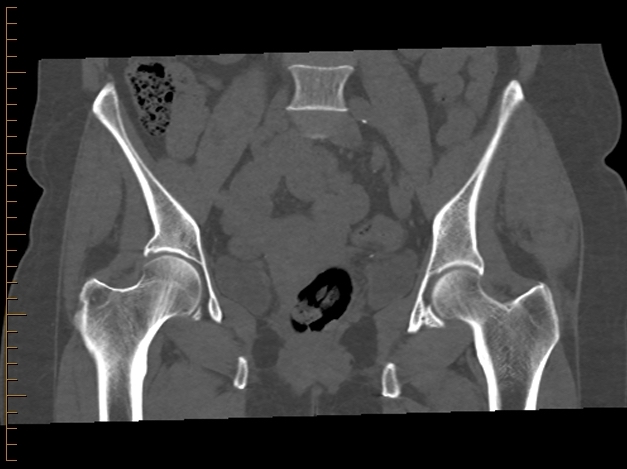
Pelvic CT
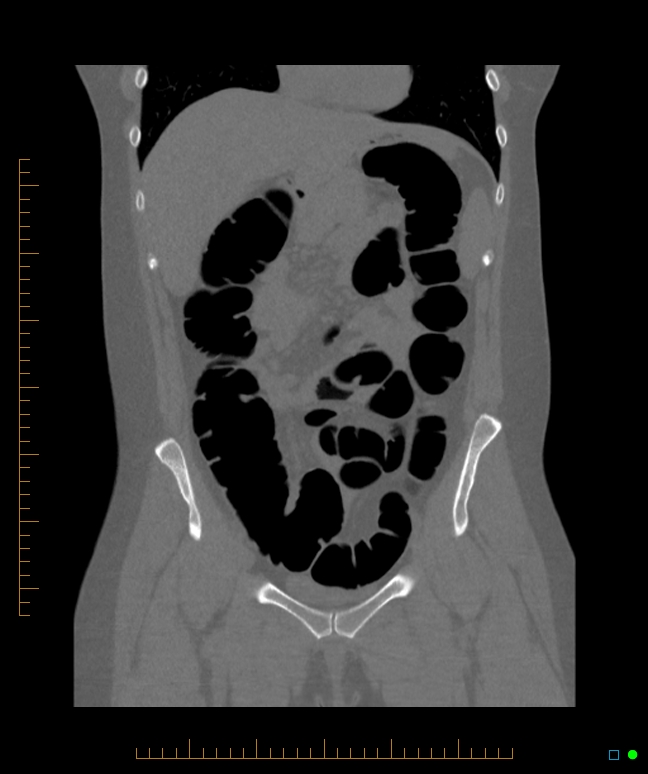
Virtual Colonoscopy
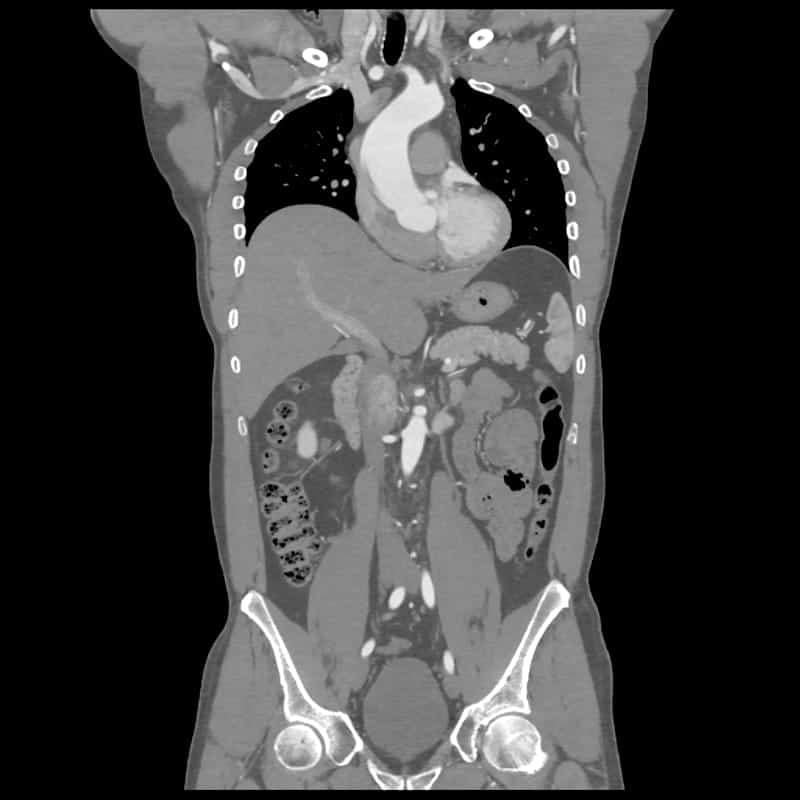
Whole Body CT
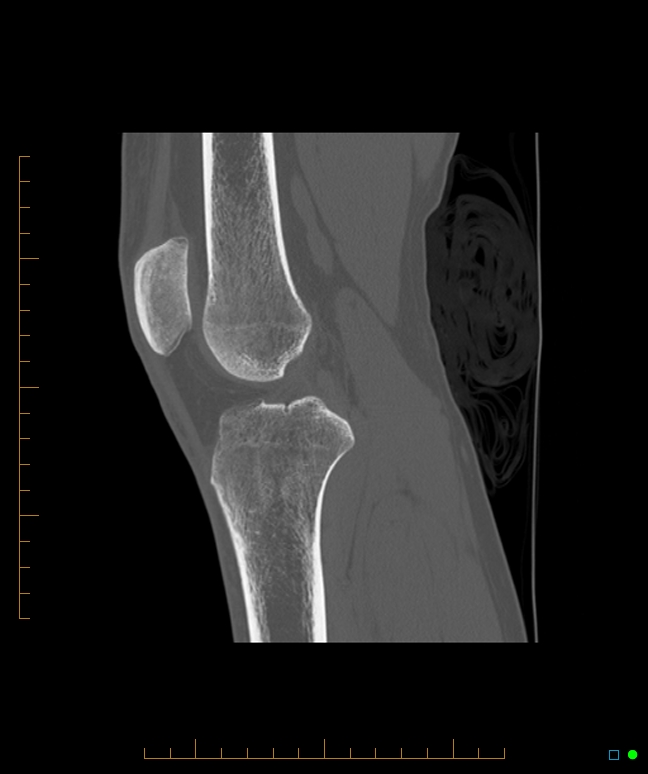
Joint CT
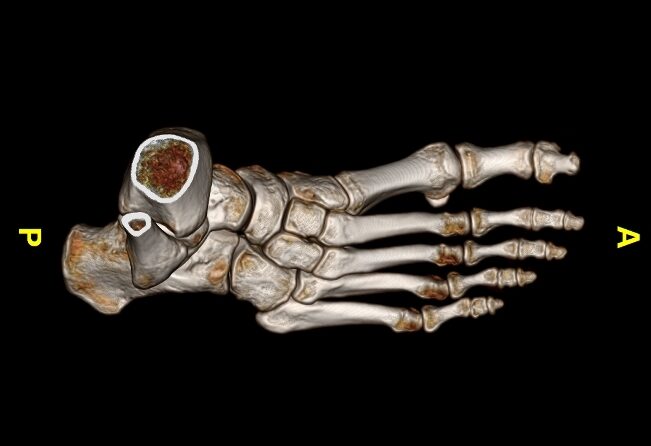
Extremity CT

